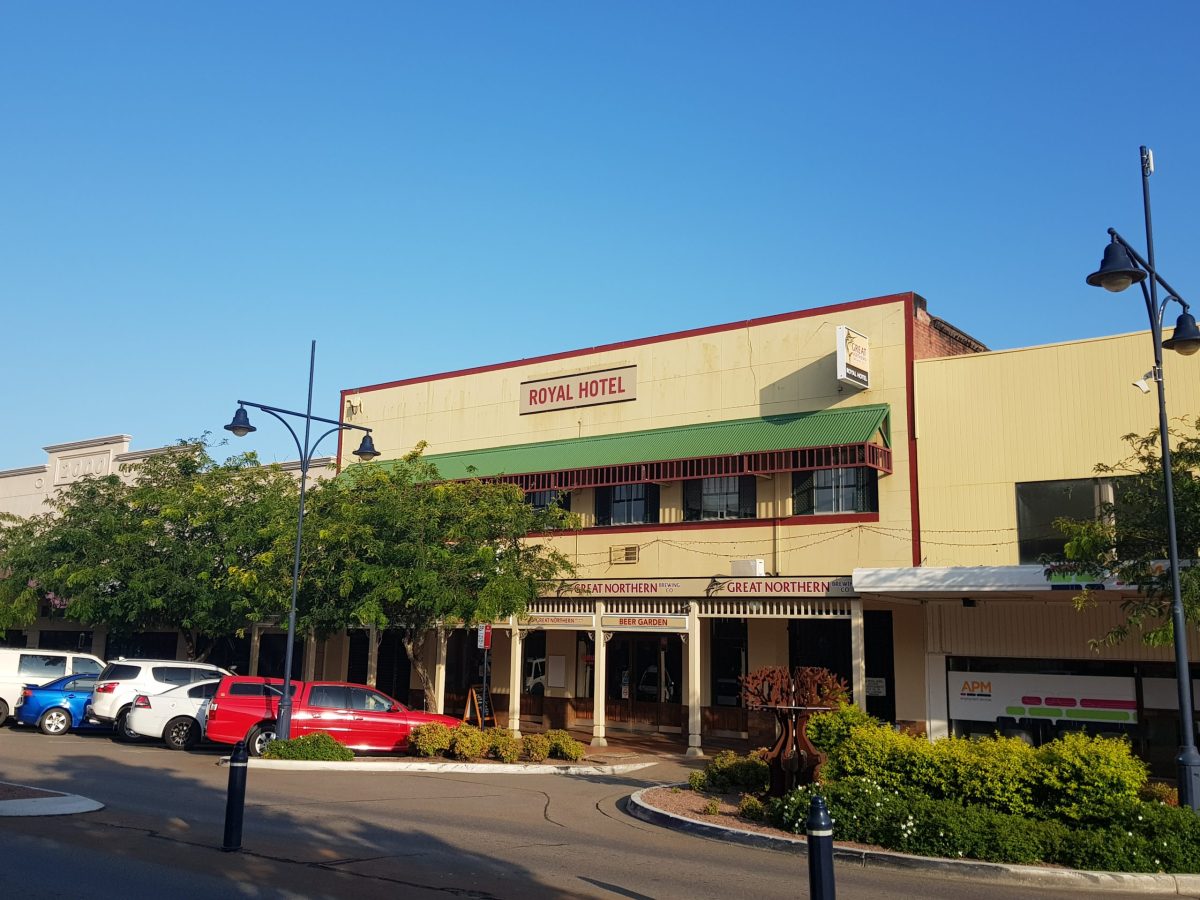More off-market pub sales are being announced than ever, so why has the preference for a more discreet and targeted sales campaign emerged?
After a rough start to last year, pub sales started to kick into gear again in mid-2020 as operators and investors began to regain faith in the economy after lockdowns. Since then, it seems like off-market transactions have dominated hotel brokerage. So far in 2021, Gallagher Hotels have sold two Sydney pubs in off-market campaigns, Iris Capital won out in a discreet campaign for the Ivanhoe Hotel, and the Catalfamo family moved on from St Kilda’s Grosvenor Hotel – just to name a few. Regional pub owners have also preferred off-market campaigns, with Oscars Hotels recently acquiring Toukley’s Beachcomber Hotel and The Sydney Collective pouncing on the Lennox Hotel in Byron Bay.
So why the swing to off-market campaigns? John Musca, group managing director of JLL Hotels & Hospitality, argues that in fact they’ve always been prevalent for pub transactions of a certain value.
“Actually off-market transactions have always played a major role in the hotel industry when compared to other real estate asset classes and at least 60 per cent of transactions conducted above $15 million price points over the past decade have been executed in this manner. It’s more so that transaction volumes have increased substantially over the past 12 months so their frequency seems conspicuous.
“In saying this, one factor that has led to off-market implementations has been the significant difference in investment approach by the varied capital and buyer profiles during a period of tumultuous earnings fluctuations, which results in divergent purchaser value and price positions. Off-market, less transparent, less publicised processes can deliver exceptional outcomes as a result,” Musca concludes.
Why off-market?
Privacy seems to be a key driver of the preference for a more discreet campaign, with publicans not wanting to let too many people know about the status of their business, and not wanting to spook venue staff about the uncertainty of their futures within the hotel. It allows vendors to follow ideal commercial opportunities without causing nervousness inside the business. It’s also a solid strategy when there has been interest in the asset for some time.
“Historically an off-market process is most useful when you know there already exists latent purchaser demand for the asset and there will be interest and engagement immediately upon presentation of the opportunity to acquire,” explains Musca.
“Assets where you feel competitive buyer tension is not necessarily underwritten initially, typically necessitate a more public approach to marketing to ensure an acceptable outcome is achieved.”
One minor issue with off-market campaigns that target a particular pool of potential buyers and investors is that after a sale is announced, some operators can feel like they’ve missed out on an opportunity they would have loved to made an offer on. So how can those operators ensure they’re made aware of future opportunities? It’s all about approaching brokers and letting them know what you’re in the market for and what you’re willing to pay.
“The simplest thing is to keep speaking to the most active and widely respected brokers in the marketplace and ensure that they understand your acquisition strategy and asset brief, and are clearly aware of your purchasing process, ability to transact in a short timeframe and complete commitment to purchasing,” states Musca.
“Brokers like to deal with parties that can move in a timely manner, that meets vendors requirements with the minimal transaction risk, and discreetly, when it comes off market sales.”

